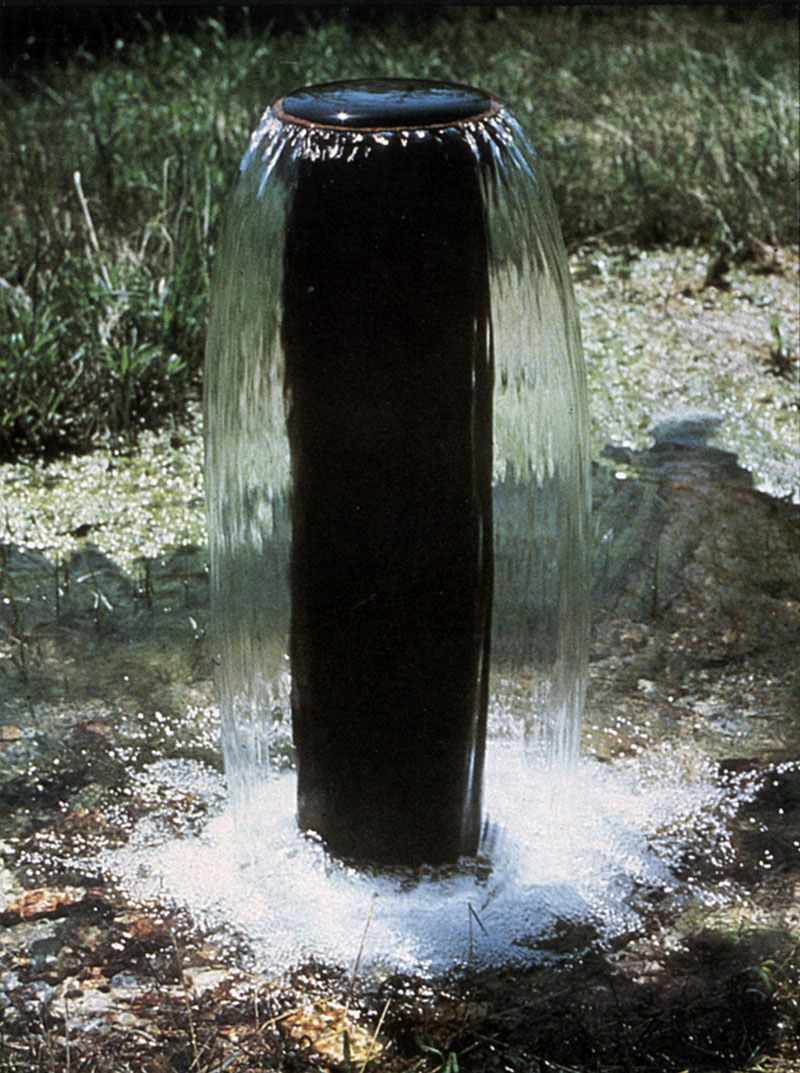
An Artesian Well found in Allen County.
The Indiana Geological Survey encourages the public to protect public health and the health of the environment by protecting groundwater on Protect Your Groundwater Day. In the United States, 88 million Americans rely on groundwater-supplied community water systems while another 42 million Americans rely on individual household water wells.
For household water well owners, how they manage their well systems and property can make a difference in their water quality. People who do not use household wells also can make a difference in groundwater quality, for instance, by how they store, use, and dispose of hazardous household substances, or how well they maintain their septic systems.
Additionally, with drought gripping our nation, protecting groundwater through conservation is more important than ever. From the southwest to the southeast and the Great Plains to the Midwest, drought has put a strain on many household water wells — sometimes resulting in a reduction or loss of water flow as the water table drops. Abnormally dry or drought conditions are even affecting Alaska, Hawaii and parts of New England.
Protect Your Groundwater Day is an occasion for every citizen to ACT: Acknowledge the issue, Consider how it applies to you, then take Action. Here are some action steps individuals can take courtesy of the Indiana Geological Survey and the National Ground Water Association:
- Acknowledge the causes of preventable groundwater contamination: Everyone
- There are hazardous substances common to households
- Most household water use occurs in a few areas around the home.
- Wellheads should be a safe distance from potential contamination
- Septic system malfunctions can pollute groundwater
- Poorly constructed or maintained wells can facilitate contamination
- Improperly abandoned wells can lead to groundwater contamination (read related article).
- Consider which apply to you: Everyone
- What specific hazardous substances are in and around your home?
- Where do you and your family use the most water?
- Is your wellhead a safe distance from possible contamination?
- Is your well/ septic system due for an inspection?
- Are there any abandoned wells on your property?
- Take action to prevent groundwater contamination: Everyone
- Modify your water use (more water saving tips)
- Install a water-saving device.
- Store them properly in a secure place
- Use them according to the manufacturer’s recommendations
- Dispose of them safely.
- Move possible contamination sources a safe distance from the wellhead
- Get current on your septic system inspection and cleaning
- Get an annual water well system inspection
- Properly decommission any abandoned wells using a professional.
When it comes to water conservation:


